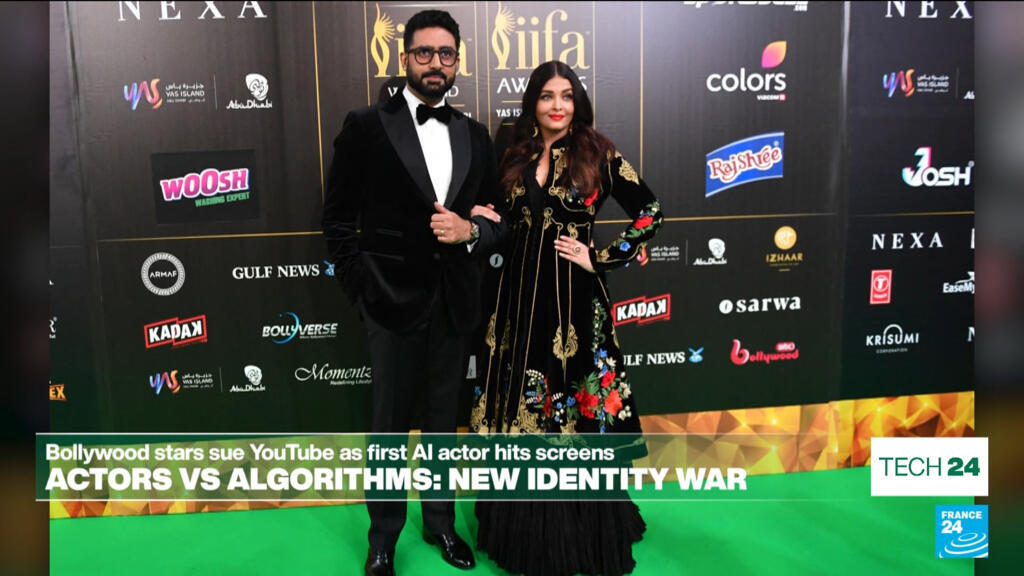Introduction to AI in Entertainment
The entertainment industry is undergoing a significant transformation with the emergence of artificial intelligence. Recently, Bollywood stars and a YouTube personality have shared the world stage with an AI-generated actor, marking a new era in the entertainment sector. This development has sparked intense debate about the future of art and what it means to be an artist in the age of AI.
The Rise of AI-Generated Actors
The introduction of AI-generated actors is revolutionizing the entertainment industry. These digital actors can be programmed to perform various roles, from lead characters to background extras. With the ability to learn and adapt, AI-generated actors can potentially replace human actors in certain situations, such as in animated films or video games. This raises questions about the role of human actors in the future and how they will need to adapt to remain relevant.
Impact on Human Actors
The rise of AI-generated actors is likely to have a significant impact on human actors. While AI-generated actors may not be able to replace the charisma and emotional depth of human actors, they can perform tasks that are repetitive, dangerous, or require a high level of precision. Human actors will need to focus on developing skills that are unique to humans, such as emotional expression, creativity, and improvisation. This shift may lead to new opportunities for human actors, such as working alongside AI-generated actors or developing their own digital content.
Changing Definitions of Art and Artist
The integration of AI in the entertainment industry is challenging traditional definitions of art and artist. As AI-generated content becomes more prevalent, the lines between human-created and machine-created art are blurring. This raises questions about authorship, creativity, and the value of art. Are AI-generated actors and digital content creators considered artists, or are they simply tools used by human artists? The answer to this question will depend on how society chooses to define art and creativity in the age of AI.
The Future of Entertainment
The future of the entertainment industry is likely to be shaped by the intersection of human creativity and AI technology. As AI-generated actors and digital content become more sophisticated, they will open up new possibilities for storytelling, animation, and immersive experiences. However, this will also require human actors, writers, and directors to adapt and evolve, developing new skills and collaborations with AI systems. Ultimately, the integration of AI in the entertainment industry will change what it means to be an artist, but it will also create new opportunities for creative expression and innovation.

